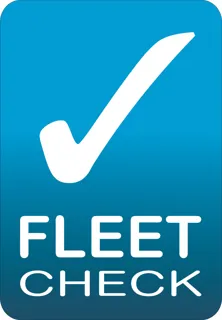FleetCheck is predicting that the first widespread use of artificial intelligence (AI) in fleet management is likely to be to identify common documents.
Neil Avent, IT director at the fleet software company, explained that AI was good at looking for patterns within clearly defined boundaries, so would work well for this kind of task.
He explained: “The important factor to understand about current AI technology is that it has no innate sense of context. It works well in situations where there are a limited number of possibilities and outcomes.
“For example, if you give it a thousand pictures and ask it to find all the ones that include kittens, you could teach it to do this pretty effectively by providing enough examples of pictures containing a kitten.
“This is why it is likely to first find its practical use when it comes to documentation. When different sorts of document arrive into a fleet department, it could be used to simply answer a series of questions - is it an invoice? A driver’s licence? A speeding fine notification?
“AI is good at a singular type of task such as this. It can be taught to identify some of the key features of each kind of document and then place them in the appropriate queue for action with a high degree of accuracy. This saves a lot of administrative time and effort.”
However, he said: “A separate process would be needed to know what to do with those documents in terms of the next action. That is because a more general type of software-driven intelligence, in terms of the technology available, is a long way away.
“Going back to the pictures of kittens, AI’s intelligence about kittens would end with being able to identify images. It knows nothing more about kittens than the visual characteristics of the example images containing kittens. It does not know what a kitten is.”
Several paradigm shifts would be needed before AI could take over even some quite basic fleet management processes, he added.
“In a sense, it is a shame that AI as a term includes the word ‘intelligence’ because it provides a very misleading picture of its capability. It has no intelligence of its own and is, in many ways, just a further development and refinement of existing IT processes that gives the illusion of intelligence to users not aware of its constraints.
“However, it does have potential for some pretty significant gains and one of the things we’ll be looking at within FleetCheck later into 2019 is how some of those can be incorporated into our fleet management software.”
Established in 2006, FleetCheck has a customer base of more than 800 businesses totalling around 80,000 vehicles using its fleet software solutions.





















Login to comment
Comments
No comments have been made yet.